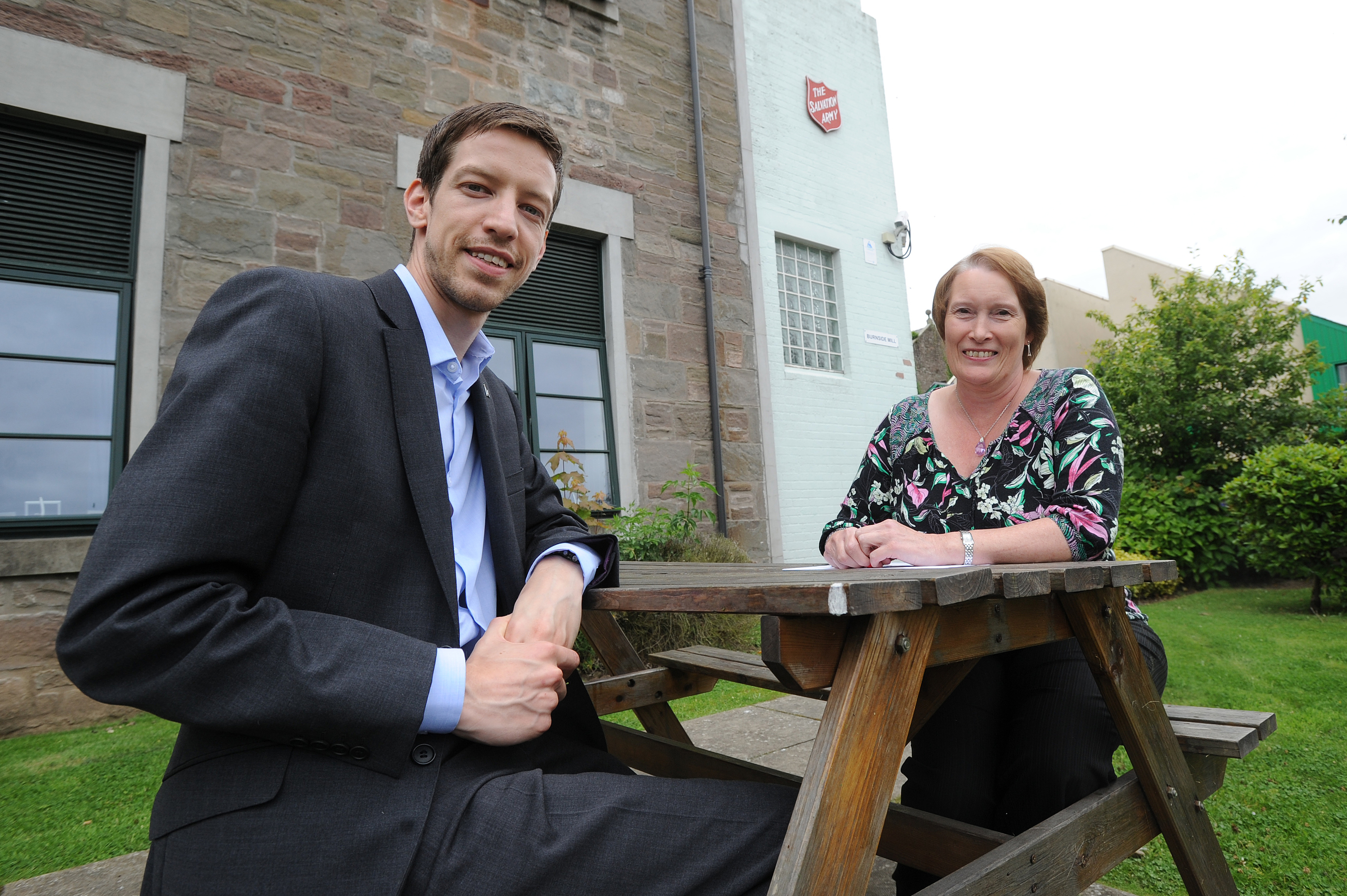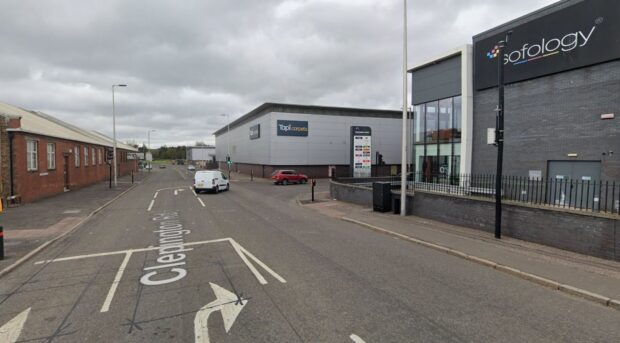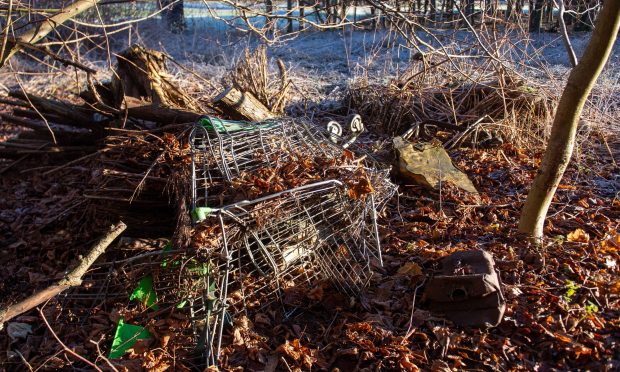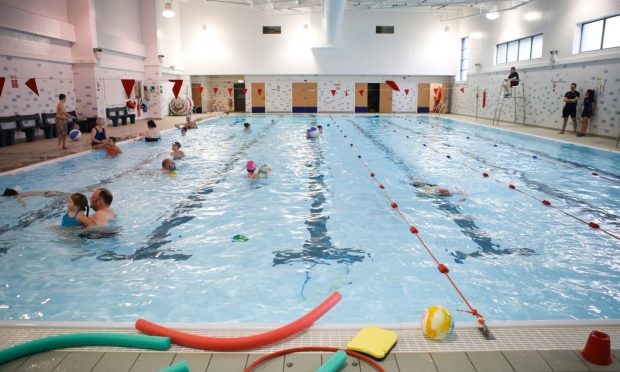Dundee City Council’s neighbourhood services convener is confident the authority’s “wrap-around” approach to homelessness is having a positive result.
The council work with a number of organisations in tackling homelessness in the city, including the Salvation Army and Dundee Women’s Aid.
Almost £5.3 million from this year’s council budget will target homelessness, of which almost £2 million will be provided to the council’s partners.
Pamela Grant, manager of Dundee’s homeless service for the Salvation Army, said the multi-organisation approach was benefiting those requiring help.
The Salvation Army, who have homeless accommodation units across the city, use their “Umbrella Project” to assist in the management of homeless people’s situations.
The project offers residents the opportunity to pick up “life-skills they might require” in order to have a successful transition from living in sheltered complexes to a secure tenancy.
Residents at the centres can take cooking classes, take part in outdoor activities and volunteer for charity services, all of which are designed to boost confidence and bolster life-skills.
Salvation Army residents are also offered advocacy, access to counselling and help with with finding employment, according to the homeless service manager.
Councillor Alexander said: “Homelessness covers a wide range of situations and doesn’t solely relate to those without a roof over their heads – people who are sofa surfing, living with family or at risk of becoming roofless due to the end of a tenancy may all come under this definition.
“The focus of our service is on early intervention, targeted housing advice and increased prevention of homelessness activity. We are confident that the introduction of this service is having a positive effect on continuing the success that we have had over the past 5 years in reducing the number of crisis presentations from homeless households.
“We are committed to eradicating rooflessness and rough-sleeping and have made great strides over the years.
“Homelessness applications have fallen by 46% which is in excess of the national average of 36%. The fall has been largely due to the refocusing of our service here in Dundee on prevention rather than crisis management – the earlier that you can get involved and help people who are facing a difficult situation, the better.
“We have 317 units of temporary accommodation which are all geared up to assist anyone and everyone in a homelessness situation. We invest over £5 million in our services which includes partnerships with Action for Children, Dundee Women’s Aid and the Salvation Army.
“These partnerships are incredibly important as they allow Dundee to ensure that we can provide a wraparound homeless service – some people need support due to family breakdowns, mental health issues or alcohol/ substance misuse for example and we are able to provide support to all of those.
“We are geared up to help those who need a property and in the 21st century no-one need sleep on the streets – there is capacity and we do have temporary accommodation available to those threatened with not having a roof over their heads.
Homelessness charity Shelter welcomed the council’s strategy for tackling the problem.
Graeme Brown, director of Shelter Scotland, said: “We welcome the reduction in the number of people presenting as homeless in Dundee. Our local staff have a positive relationship with the local council and other groups providing services to those affected.
“By working together we can provide the right support to people whose lives are all too often turned upside down by bad, insecure or non-existent housing. There is still work to be done but there is at least room for optimism.
“While it is pleasing to see that by working together there are fewer people presenting as homeless there are still more than 1400 individuals and families without a permanent place to call home. Shelter Scotland is here so no-one has to fight bad housing and homelessness alone and we will be here until there’s a home for everyone.”
Case Study:
Burnside Mill is located amongst the old jute-factories west of the city-centre.
Operated by the Salvation Army and managed by Hillcrest, the centre is a longer-term residency centre which offers residents classes in cooking and the opportunity to take part in volunteer classes to help build self-esteem and improve life-skills.
One female resident, who can only be identified as LH, moved in to the unit at the end of 2014 after fleeing domestic violence at her home.
She struggled at first to with the “group-living” environment, due to her history of being a victim of domestic violence and sexual assault. Staff at Burnside Mill identified LH could be helped through the Umbrella Project.
LH received help while at Burnside Mill from the Woman’s Rape and Sexual Abuse Centre, who provided advocacy, counselling and emotional support, which LH said was very beneficial.
In helping raise LH’s self-esteem, centre staff sourced a female-only swimming class and a swimming costume to help her address problems she had with her body image.
Over time, LH received help in boosting her confidence by taking part in mountain biking and camping activities, organised by staff at Burnside Mill. According to staff, being involved in the organisation of these activities helped improve LH’s confidence greatly.
She also began to take control of separate action and advocacy groups at the centre, such as the Safe Mission Group and the Safety Action Group.
Eventually offered a tenancy offer, LH continued to receive support from staff at Burnside Mill and still continues to volunteer with the centre, working with the group to organise activities to alleviate potential isolation.
Analysis by Paul Malik:
Entering the “lifehouse” at Burnside Mill is like walking in to a regular housing complex, with its secure entry, community noticeboard,well-lit corridors and well-looked-after rooms.
And why shouldn’t it be? If we continue to assume living in homeless accommodation equates to living in flea-ridden, Dickensian squalor, then we continue to shelter ourselves from the myriad of problems that define homelessness.
Homelessness doesn’t disappear the moment someone gets a roof over their head, and the causes of homelessness won’t cease to exist just because we can’t see someone begging on the streets.
Centres like Burnside Mill should be applauded, not just for the tireless work they do in tackling the causes of homelessness, but for the continual, humanising support they give residents during and after their stay.










